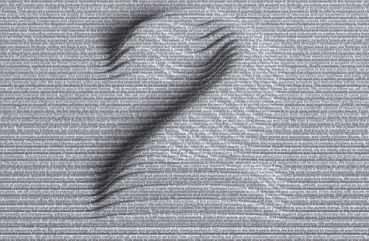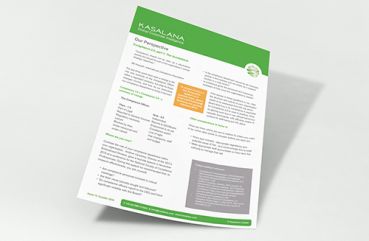
How accurate is our information?
How accurate is our information?
Kasalana White Paper 3: The issues around reporting due diligence data.
In its 2009 report, "Undue Diligence, How Banks Do Business with Corrupt Regimes", the non-governmental organisation Global Witness described in detail a number of allegedly corrupt relationships between international banks, politically-exposed people and investments in natural resources. The solution, declared Global Witness must start with a change of culture within organisations so that know-your-customer due diligence is not "treated as a box-ticking exercise or finding the minimum information necessary to comply with the law".
It argued that finance firms "must be properly regulated to force them to do their know your customer due diligence properly, so that if they cannot identify the ultimate beneficial owner of the funds...they must not accept the customer as a client". Regulation and guidelines were too vague and allowed for too many loopholes, the report claimed - but after making a strong case for the need for focused, accurate and in-depth due diligence, Global Witness did very little to advise how that research should actually be undertaken.




